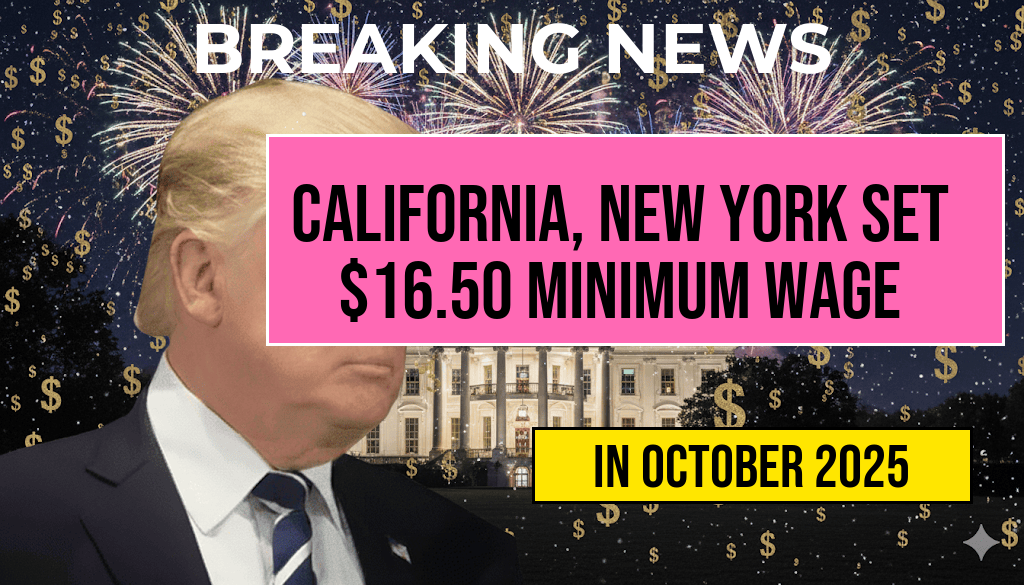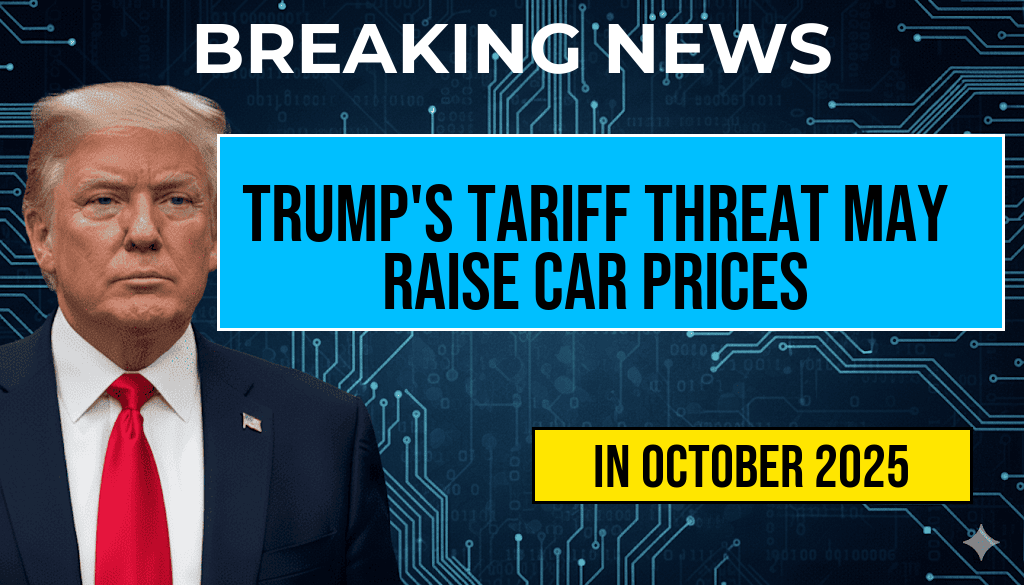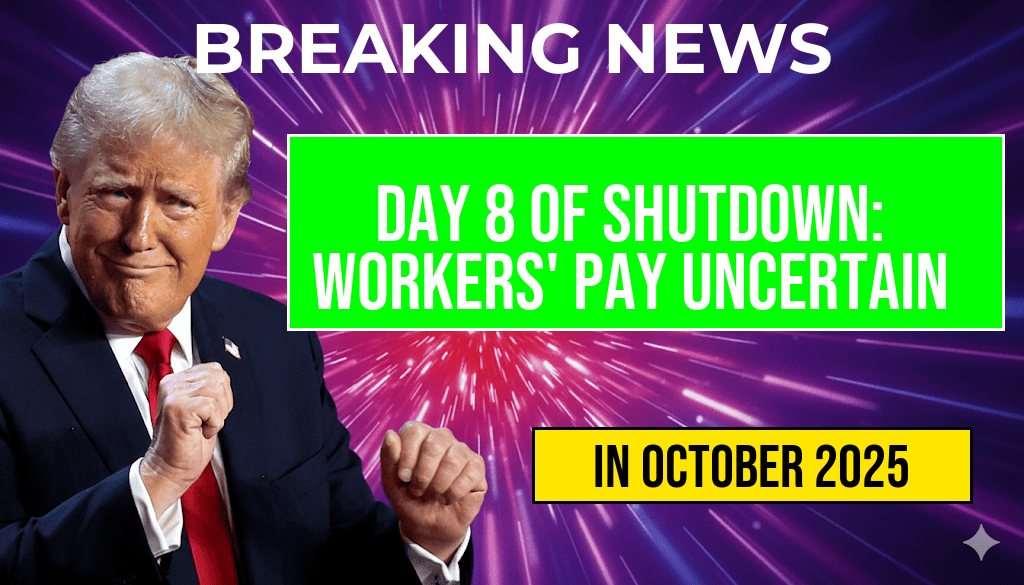As the government shutdown enters its eighth day, uncertainty looms over the financial future of federal workers across the nation. The impasse between Congress and the White House continues, raising critical questions about whether federal employees will receive any pay during this prolonged disruption. The ongoing stalemate has left thousands of workers in limbo, with many relying on their salaries to meet daily expenses. Recent discussions have focused on how to address the needs of these employees, who face a stark choice: will they receive full pay or nothing at all? With the clock ticking, the implications of this shutdown extend beyond immediate paychecks, potentially impacting the broader economy.
Understanding the Current Situation
The current shutdown stems from disagreements over federal budget allocations, particularly concerning funding for various agencies and programs. As lawmakers struggle to reach a compromise, the repercussions are being felt by federal employees who have been deemed non-essential and placed on unpaid leave. Essential personnel are still required to work but often do so without guaranteed pay.
Federal Pay During a Shutdown
During previous government shutdowns, there have been varying policies regarding how federal workers are compensated. The key factors affecting pay during this shutdown include:
- Congressional Action: Pay for federal workers typically requires legislative approval. Without a budget agreement, workers face the possibility of receiving no pay.
- Back Pay Legislation: In past shutdowns, Congress has passed back pay bills, ensuring that employees receive compensation for the period they were not paid. However, this is reliant on political negotiations.
- Essential vs. Non-Essential Workers: While essential employees continue to work, non-essential workers face immediate financial strain, raising questions about their long-term financial stability.
The Impact on Federal Workers
For many federal employees, the uncertainty of receiving paychecks can have devastating effects. According to recent surveys, a significant portion of federal workers live paycheck to paycheck, making the absence of income particularly challenging.
| Employee Type | Pay Status During Shutdown | Potential Financial Impact |
|---|---|---|
| Essential Workers | Working without pay | Risk of delayed pay, potential debt accumulation |
| Non-Essential Workers | Unpaid leave | Immediate loss of income, difficulty meeting expenses |
Political Responses and Public Sentiment
As the shutdown continues, public sentiment is increasingly turning against lawmakers. Many citizens express frustration over the inability of elected officials to resolve the budget crisis. Advocacy groups for federal workers are calling for swift action to ensure that employees do not bear the brunt of political disagreements.
Some lawmakers have proposed emergency funding measures to provide immediate relief for federal workers. These proposals aim to create a safety net for employees facing hardship, though the success of such measures depends heavily on bipartisan support.
What’s Next for Federal Employees?
The path forward remains unclear as negotiations continue. Federal employees and their families are encouraged to stay informed about developments that could affect their financial situation. Resources are available to help workers navigate the challenges posed by the shutdown, including financial counseling and assistance programs.
As the shutdown stretches beyond a week, the need for a resolution becomes increasingly urgent. Both federal workers and American taxpayers are watching closely, hoping for a swift end to the political stalemate that has caused significant disruptions in their lives. The outcome of this situation will likely shape the future of federal employment and government funding for years to come.
For more detailed information about the implications of government shutdowns on federal workers, you can visit Wikipedia or read insights from Forbes.
Frequently Asked Questions
What is the current status of federal worker pay during the shutdown?
During the shutdown, federal workers are facing uncertainty regarding their pay. As of now, there are discussions about whether they will receive full pay or nothing at all.
How does a government shutdown affect federal employees?
A government shutdown can lead to furloughs for federal workers, meaning they may not receive their regular paychecks until the shutdown is resolved. However, there is a possibility for back pay once the government reopens.
Are all federal workers affected equally by the shutdown?
No, not all federal workers are affected equally. Some employees are considered essential and are required to work during the shutdown, while others may be placed on furlough and not work.
What can federal workers do if they do not receive pay during the shutdown?
If federal workers do not receive pay, they may seek financial assistance through various programs, including emergency loans or support from non-profit organizations.
What has been the historical precedent for federal worker pay during previous shutdowns?
Historically, federal workers have often received back pay after a shutdown ends, but this is not guaranteed. The outcome can vary based on legislation passed during or after the shutdown.











